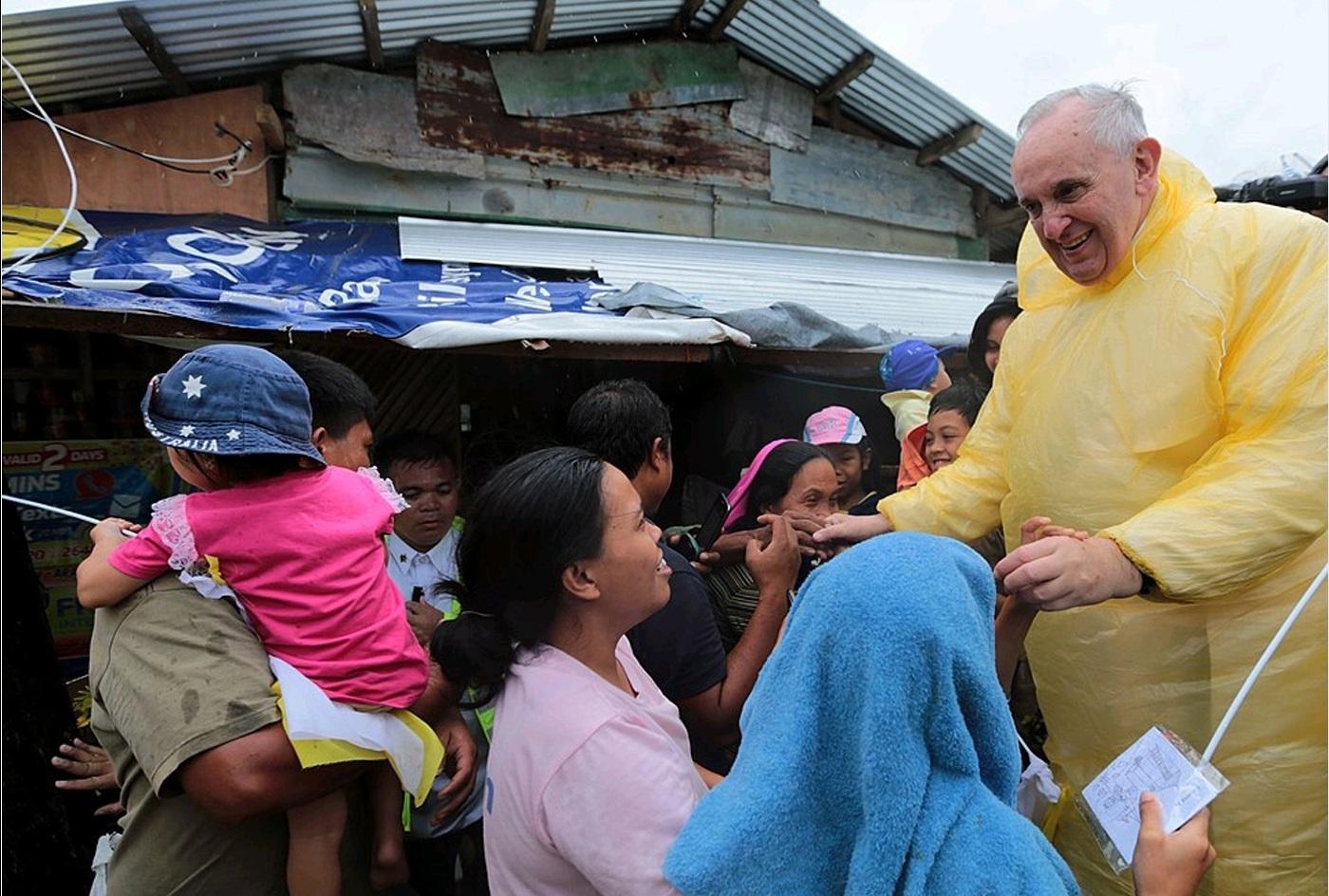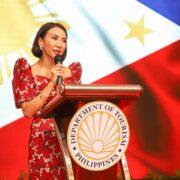The white zucchetto—symbol of the papacy—rests quietly, awaiting its next bearer. As the world watches and prays, one question looms: Who will wear this cap next?
Photo by Matthias Kabel, CC BY-SA 3.0 DE, via Wikimedia Commons
With the election scheduled to begin on May 7 in the Sistine Chapel, online betting platforms have seen heightened activity from more than 140 countries.
In the United Kingdom, where gambling on religious events is permitted, roughly £30,000 has already been wagered. Leading the betting boards are Cardinal Pietro Parolin of Italy, Cardinal Luis Antonio Tagle of the Philippines, and Cardinal Peter Turkson of Ghana.
A Fantasy Game, Not a Gamble In Italy
Betting Banned in the U.S.—Including Las Vegas
Despite being the gambling capital of the world, Las Vegas sportsbooks do not offer betting on the papal conclave. In fact, wagering on religious events—including the election of a pope—is prohibited across the United States, including in Nevada.
The American Gaming Association has confirmed that U.S.-licensed sportsbooks refrain from offering odds on papal elections due to legal and ethical considerations. This policy, reaffirmed during the 2013 conclave following the resignation of Pope Benedict XVI, remains in effect.
Still, interest from American bettors persists. Some have turned to international or blockchain-based platforms like Polymarket, where millions of dollars in wagers have reportedly been placed on papal frontrunners. These platforms, however, operate in legal gray zones and are not regulated by U.S. gambling authorities.
A Church Concern: Gambling vs. Grace
While some consider these activities lighthearted, many within the Church view them as trivializing a profound spiritual undertaking.
The Catholic Church does not endorse betting on the conclave. According to the Catechism of the Catholic Church (CCC 2413), games of chance are not inherently sinful, but become morally unacceptable when they encourage greed, addiction, or disrespect sacred matters.
Historically, the Church has discouraged such speculation. In the 16th century, gambling on papal elections was punishable by excommunication—an indication of the seriousness with which the Church guards the sanctity of the papal succession.
Turning to Prayer, Not Predictions
In contrast to betting trends, prayer campaigns have gained momentum worldwide.
Initiatives such as Adopt a Cardinal—supported by the Pontifical Mission Societies and revived by Catholic groups including Monastery Wi-Fi—encourage the faithful to spiritually accompany individual electors with daily prayers. Participants are randomly assigned a cardinal to support through intercession during the conclave.
In a recent pastoral letter, Cardinal William Goh of Singapore urged Catholics to “pray earnestly” for the cardinals. “Let us pray that the cardinals will be docile to the inspiration of the Holy Spirit,” he wrote. His call has been echoed in dioceses worldwide, as the Church prepares not for a contest, but for a calling.
Awaiting the White Smoke
On May 7, 133 cardinal-electors will be sequestered inside the Sistine Chapel. They will vote in secrecy, up to four times daily, until a candidate receives a two-thirds majority. Black smoke will indicate no decision; white smoke will signal the election of a new pope, followed by the traditional announcement: Habemus Papam—“We have a Pope.”
For the Catholic faithful, the message is clear: not to speculate, but to pray.
Editor’s Note: This article reports on public trends surrounding the conclave for informational purposes only. Asian Journal affirms the Catholic Church’s teaching that the papal election is a sacred and prayerful process deserving reverence.






